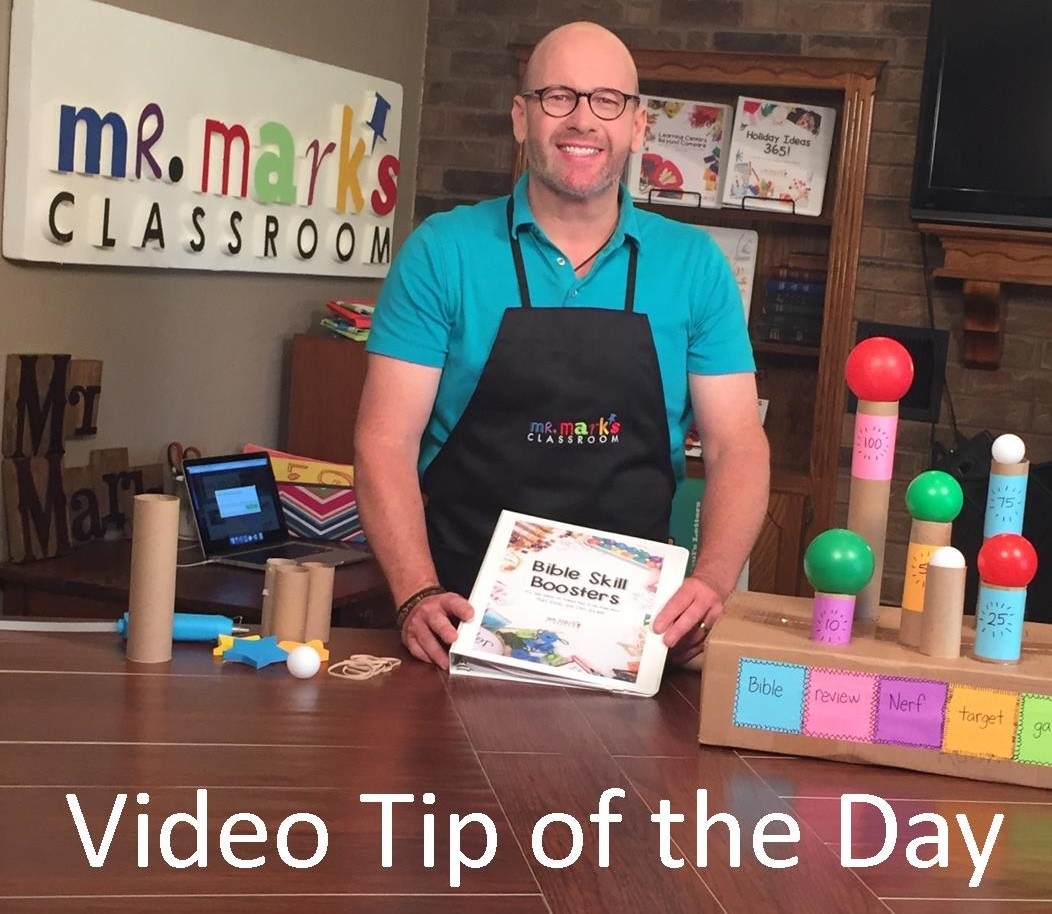Bible phrases are portions or adaptations of Bible verses that are used with preschoolers because phrases are easier for preschoolers to understand. Some Bible phrases are only parts of a verse while others are entire verses. How can using Bible phrases and verses help preschoolers learn about God?
An excellent illustration for expressing Bible verses as Bible phrases is Genesis 1:11.
And God said, Let the earth bring forth grass, the herb yielding seed and the fruit tree yielding fruit after its kind, whose seed is in itself, after his kind: And God saw that it was good.
Young children can grasp only one meaning at a time, so preschoolers would not be as likely to understand the message of this passage as easily. When the same verse is broken into four Bible phrases, preschoolers better handle the ideas:
God made the flowers.
God made the fruit.
God made the grass.
God made the trees.
Here is an example of how you can use Bible verses and phrases with your preschoolers.
Jennifer has just spotted a flower on the windowsill. She carefully picks up the flower to examine each petal. Mrs. Carter sits down beside her and says: “Jennifer found a flower. The Bible tells us that God made the flowers. Thank you, God for the flowers.” Jennifer smiles as Mrs. Carter continues to talk about the flower.
A simple smile was Jennifer’s way of responding to Mrs. Carter. She may not fully understand how God made the flower, but Jennifer is able to sense the joy expressed in the words of her teacher.
By using the Bible phrase God made the flowers, Mrs. Carter met several learning needs of the child. First, Mrs. Carter provided the opportunity for a sensory experience. Jennifer may have experienced the warmth of feeling Mrs. Carter’s love for her. The attention she showed Jennifer gave her feelings of importance and self-worth.
Another learning opportunity was the simple words used with Jennifer. She would have difficulty understanding some of the words, such as “herb yielding seed,” in addition to the fact that the verse was too lengthy for her to follow. The words and length of the Bible phrase God made the flowers is better for Jennifer’s learning abilities.
This Bible phrase also introduces Jennifer to ideas that can be applied to her immediate experiences. As she examines the flowers, she hears Mrs. Carter tell who made the flower.
Characteristically, young children lack an understanding of time. The past and the future are not important to preschoolers. Bible phrases need to relate to here-and-now situations.
Jennifer is thinking of only that flower in its present form. The Bible phrase can relate to the flower in any form that Jennifer encounters it.
Planning to Use Bible Phrases
The best way to use Bible phrases is to develop specific plans to use them. Use the following ideas as a guide in planning to use Bible verses and phrases.
- Take advantage of natural and spontaneous opportunities to use Bible verses and phrases with boys and girls.
- Sing Bible verses and phrases using familiar tunes to add emphasis.
- Speak or sing in a gentle voice to convey feelings of love and acceptance.
- Say Bible phrases to apply meaning to situations as preschoolers work and play.
- Use recordings to sing Bible verses and phrases with three-, four- and five-year-olds.
- Use Bible phrases in positive situations generally to prevent children from thinking that Bible phrases support their misbehavior.
- Help preschoolers learn Bible verses and phrases as they participate in activities. Understanding the meaning of a Bible phrase is more important than memorizing the words.
- Open the Bible as you use Bible verses and phrases with preschoolers of all ages.
Anytime preschoolers observe nature materials, they have the opportunity for a greater awareness of God. As Jennifer explored the flower, Mrs. Carter helped her become more aware of God by using Bible phrases and the prayer, “Thank You, God.” The key to using Bible verses and phrases effectively with preschoolers is a teacher who plans intentionally for teaching opportunities.
Author Unknown






